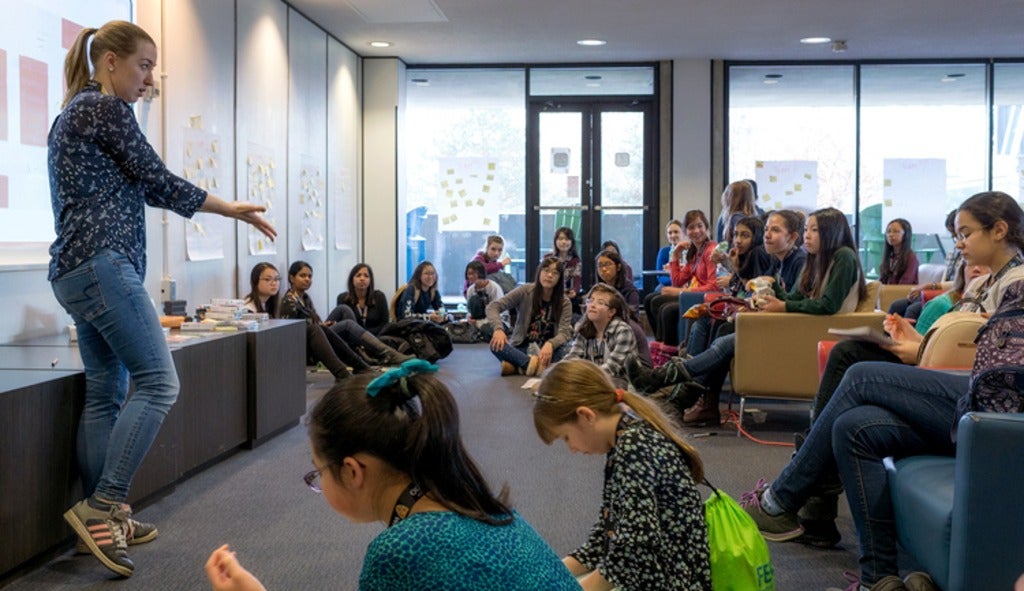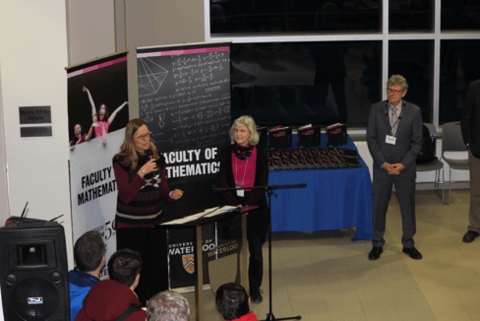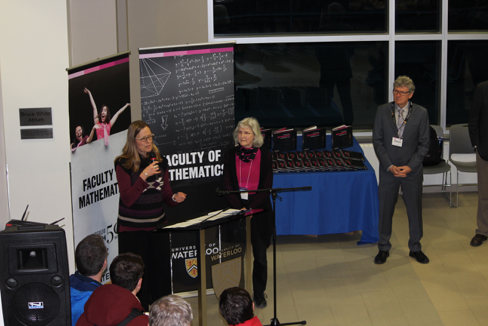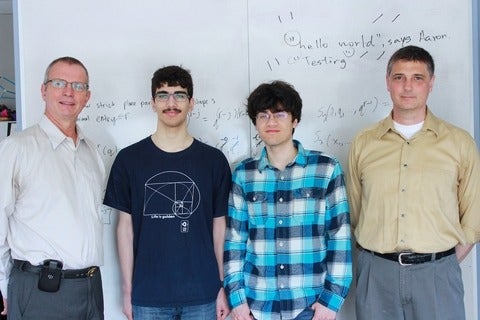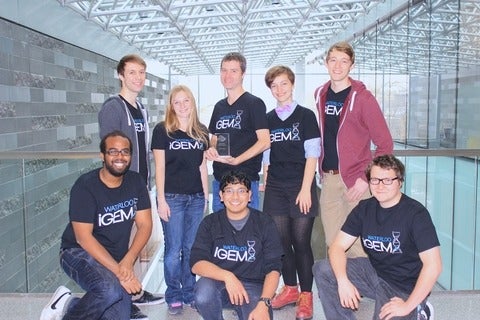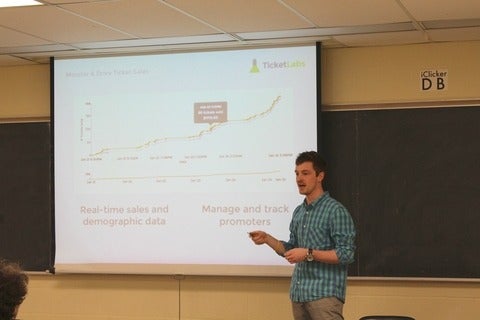Empowering girls by inspiring them to code in a fun and friendly female environment
Women were there in the beginning.
Women were the first computers — the people who performed complex mathematical calculations with pencil and chalk — and later, as the field of computer science emerged, they were the first programmers.
